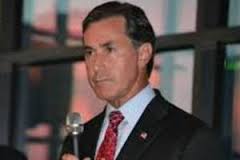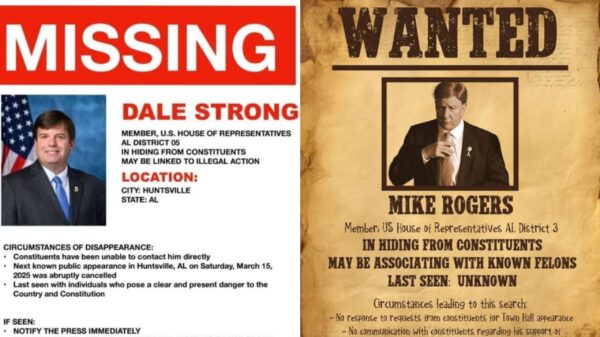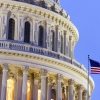By Brandon Moseley
Alabama Political Reporter
On Thursday, June 11, Congressman Gary Palmer (R-Hoover) was given the opportunity to be one of the few people in the world to read the secret Trans-Pacific Partnership (TPP) agreement (as it is currently written) after demanding to be allowed to have a copy for review in a letter to Ambassador Michael Froman, the United States Trade Representative.
Rep. Palmer said, “I sent this letter to the US Trade Representative because I believe greater transparency is needed.”
Palmer said in the letter, “Congress should have complete access to the details of any agreement that Congress will eventually be asked to vote on…I had the opportunity to review TPP, but only someone with a photographic memory could recall all that is necessary to make a decision on whether to support over 500 pages of legislative text.”
Palmer later noted that the security language written on the actual document indicated it could be faxed or emailed in an unclassified manner. “That the document can be transmitted through unsecure means appears to indicate that the material is not really classified.”
Congressman Palmer said that he was allowed to spend some time reviewing the draft agreement earlier this week in a closed, secure room. The members of Congress are forbidden to take notes or have a copy for further review.
As early as Friday, Palmer and the US House of Representatives could be voting on the controversial Trade Promotion Authority (TPA), to give the President sweeping powers to finish negotiations on the controversial Trans-Pacific Partnership agreement. TPP is a trade agreement between the United States, Vietnam, Brunei, Canada, Japan, Australia, Chile, Malaysia, Mexico, New Zealand, Peru, and Singapore) that could be expanded to include other countries.
Sen. Jeff Sessions (R-Alabama) opposes passage of TPA and the TPP agreement. Sen. Sessions wrote on Thursday:
“It must be observed that this is not a free trade deal. It is, as Daniel DiMicco explained, a unilateral trade disarmament and the enablement of foreign mercantilism, whereby we open our markets to new foreign imports and they keep their non-tariff barriers that close their markets to ours. President Obama refuses to answer questions about the impact on unemployment, wage stagnation, and trade deficits. He refuses because the answer is all three will get worse. For instance, a study published in the Wall Street Journal showed that—due to barriers to US auto exports—the deal would increase foreign transportation imports over our exports by nearly four-fold.”
Speaker of the House John Boehner (R-Ohio) supports TPA and TPP. Speaker Boehner said, “Another area where Republicans are leading is when it comes to free trade. We’ve worked to address the concerns of members on both sides of the aisle. We’ve accepted both substantive and procedural changes proposed by House Democrats…This vote’s about doing what’s right for the country. It’s about China out there writing the rules for the global economy, and if we stay on the sidelines, our allies will gravitate back towards China, away from us, and away from our workers. So we’re doing our part to pass trade promotion authority, and I’m hopeful that our friends on the other side of the aisle will do theirs. If we work together, it’ll be a big win for American jobs and American leadership.”
Sen. Sessions wrote, “Americans have seen their sovereignty, economic position, and political power erode. They have seen that power transferred to an elite set who dream of writing rules in foreign capitals, unburdened by the concerns of the ordinary citizen. To read the trade agreement is to know that, if Congress adopts the fast-track, it will have preapproved a vast delegation of sovereign authority to an international union, with growing powers over the lives of ordinary Americans…Like the Gang of Eight, like Obamacare, and so much else—the goal is to get it approved before the American people know what’s in it.”
It is not known how the Alabama Congressional Delegation will vote on final passage for TPA, but in a procedural vote on Thursday Congress members Palmer, Brooks, and Sewell voted against. Conservatives joined with most of the Democrats to almost block the package.
Rep. Terri Sewell (D-Selma) wrote on Facebook on Thursday, “Any trade legislation that comes before the House must contain provisions that protect American workers and industries against unfair competition and deceptive trading practices.”
US Representative Bradley Byrne wrote on Facebook: “I have read the TPA bill as well as the draft Trans-Pacific Partnership agreement. Nothing in either of those would change immigration laws in the United States. In fact, TPA includes a provision from Congressman Steve King, who is a leader on the immigration issue, that clearly prohibits the President from making any changes to our immigration laws through a trade agreement.”
That the TPP might eventually open borders for anyone from the member nations was a sticking point in the House.
The House is expected to vote on TPA on Friday.



















































